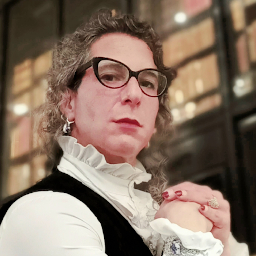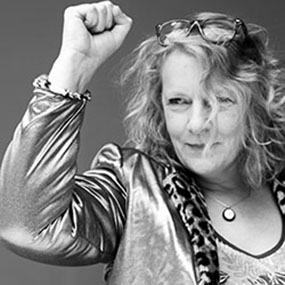The Citizen Journalism and Civic Engagement module not only introduces students to theories and practice of news production in digital contexts, but challenges them to engage as citizens in local and wider communities.
Students are encouraged to consider themselves as citizens of a range of communities, and to reflect ways in which they engage with global and local matters. As a part of their assessment they produce blogs on an issue important to them.
Topics included: EU membership; generational political differences; religious identity; the politics of high heels; sexist cultures in local student nightlife; and student funding and the need for financial education in schools. Some students engaged more directly with local communities in Oxford as they researched their stories, venturing onto the city’s estates and talking to residents to offer a refreshingly positive view of less-visited parts of the city.







